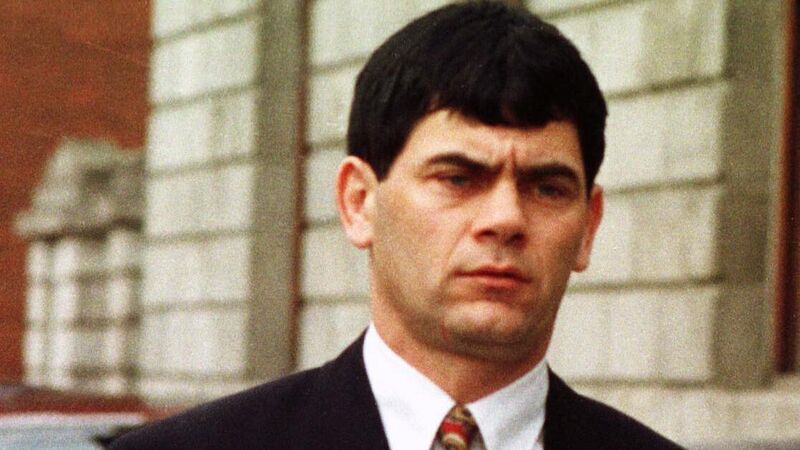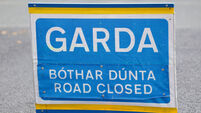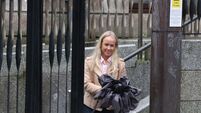Monk falls silent as judges rule against him in bugging battle

Judge said Gerry Hutch, pictured, and Jonathan Dowdall were 'clearly discussing criminal behaviour' on the tapes, including a 'combative strategy' on behalf of the Hutch family, and that 'criminality is generally being discussed'. File picture: RollingNews.ie
When Ms Justice Tara Burns took her seat flanked by her fellow judges Sarah Berkeley and Gráinne Malone, the amount of paper she was carrying was akin to a tome.
It was clear this would take some time.











